
Transforming Industries through Advanced Nylon CF
Carbon fiber reinforced nylon composite material refers to a modified composite material prepared by a certain production process with nylon as the base material and carbon fiber as the filler. This material has excellent properties such as high strength, high hardness, light weight, wear resistance, conductivity, anti-static property, etc., and is widely used in aerospace, military equipment, rail vehicles, automotive industry, household goods and other fields.
Nylon CF Reinforced Composites have several common application areas. They are widely used in the automotive industry for manufacturing parts like engine covers and gears due to their high strength and heat resistance. In the aerospace field, they can be found in structural components for lightweight and durability. They are also employed in the production of sports equipment, such as tennis rackets and bicycle frames, where strength and weight reduction are essential. Additionally, they are utilized in the manufacturing of industrial machinery parts for enhanced performance and longevity.
Product By Features
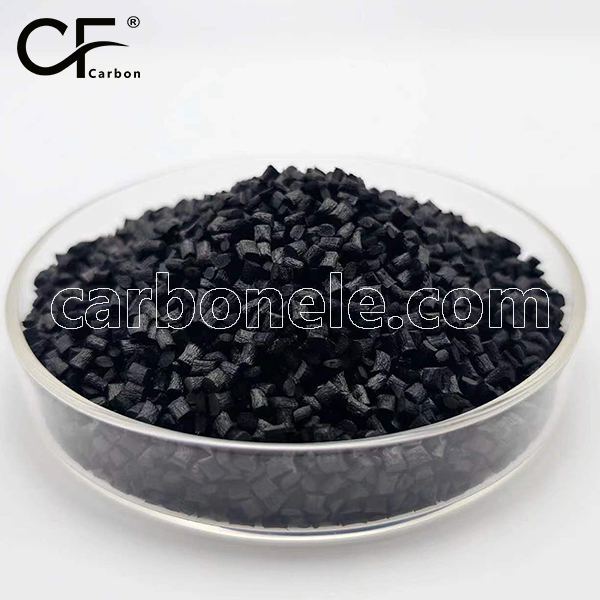
Electric-conducting Polymers CF30 PA12 for Engi...
CF30 PA12 features good electrical conductivity to meet electrical needs, high – temperature tolerance for the engine bay, relatively high strength, excellent rigidity, chemical corrosion resistance, and is easy to process and mold into various engine bay parts.
Learn More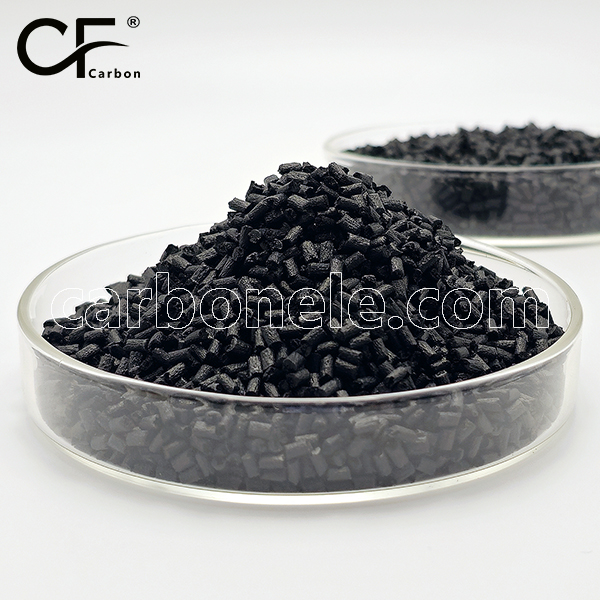
High Temperature Nylon PA12 CF30 Raw Materials ...
High Temperature Nylon PA12 CF30 raw materials have high strength, rigidity, fatigue resistance, high hardness, heat resistance, low thermal expansion, good chemical corrosion resistance, insulation, low dielectric loss, low density and is easy to process, suiting diverse applications.
Learn More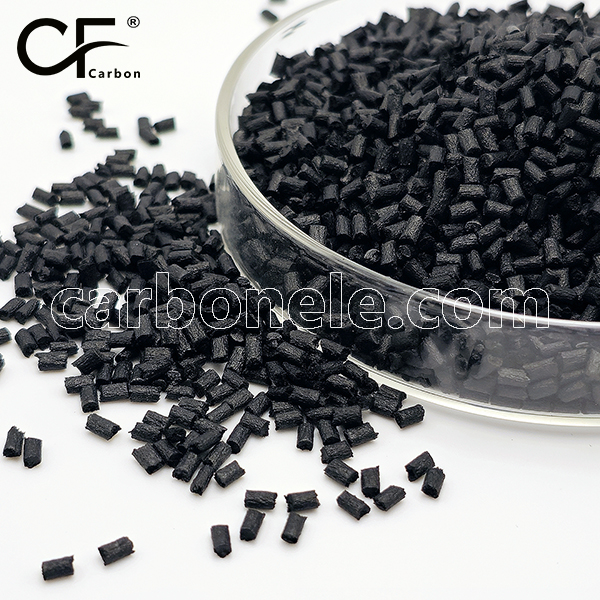
Carbon Fiber New Material PPA CF for 3D Printin...
PPA CF features high mechanical properties (48% stronger, 102% stiffer, tough, impact – resistant), favorable physical & chemical traits (low moisture, moderate density, chemical – resistant, stable), and excellent printing properties (good adhesion, low warping, consistent extrusion).
Learn More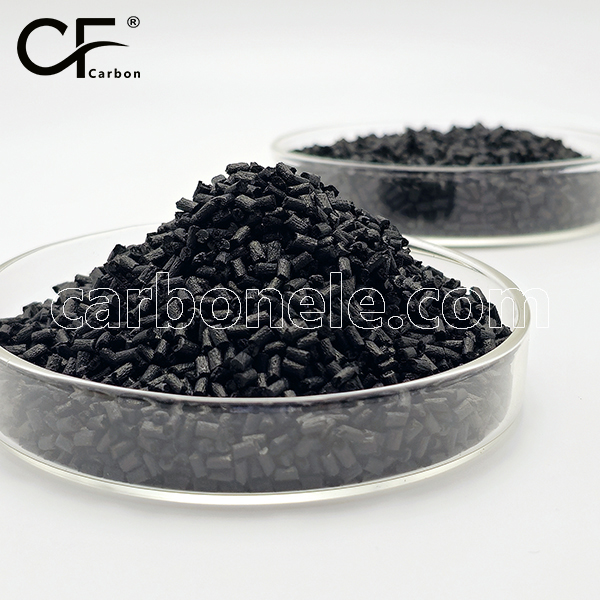
High Strength PA MXD6 CF30 Raw Materials for Nuts
PA MXD6 CF30 boasts high strength, heat resistance, low water absorption, stiffness, gas barrier, and chemical resistance, ideal for demanding applications.
Learn More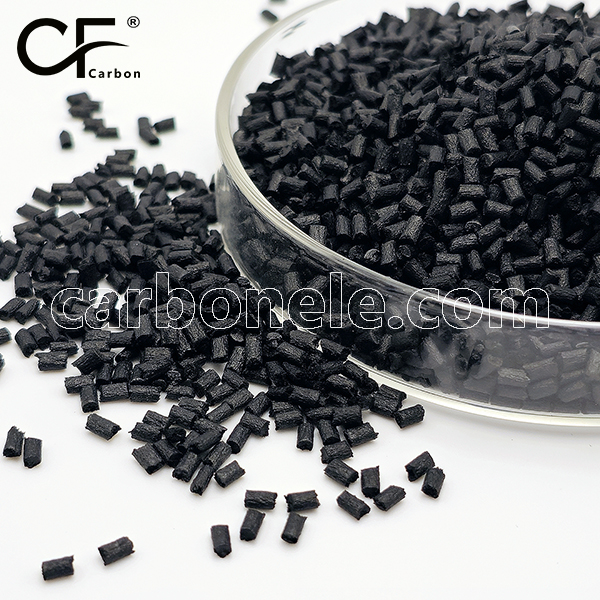
Wear Resistance CF30 PPA Pellet Raw Materials f...
CF30 PPA has characteristics like high tensile strength, excellent heat resistance, low thermal expansion, good chemical resistance, etc., making it useful in various applications.
Learn More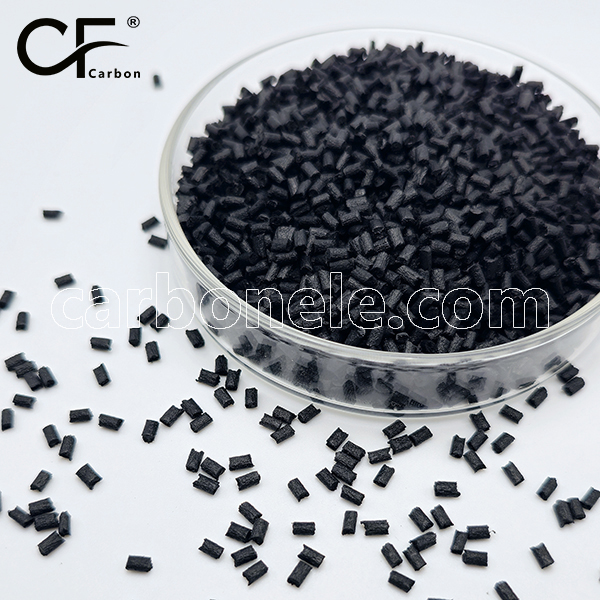
High Wear Resistance PA6 CF30 Materials for Sli...
PA6 CF30 materials offer a high-performance solution for sliders due to their excellent abrasion resistance, strength, and durability. They are designed to meet the demands of various industries, ensuring long-lasting performance and improved efficiency in slider applications.
Learn More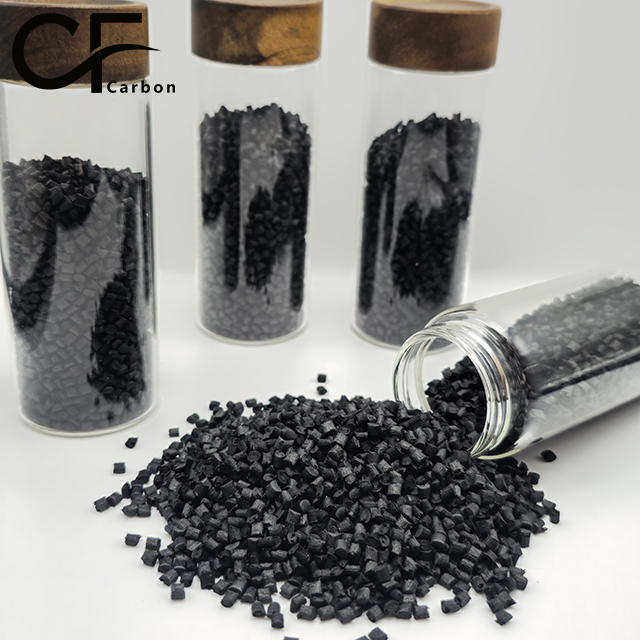
High Impact & Abrasion Resistance CF30 PA6...
CF30 PA6 offers high impact resistance and toughness due to its carbon fiber reinforcement, making it suitable for various environments. Its low friction coefficient and smooth surface result in reduced wear, enhancing performance in moving parts.
Learn More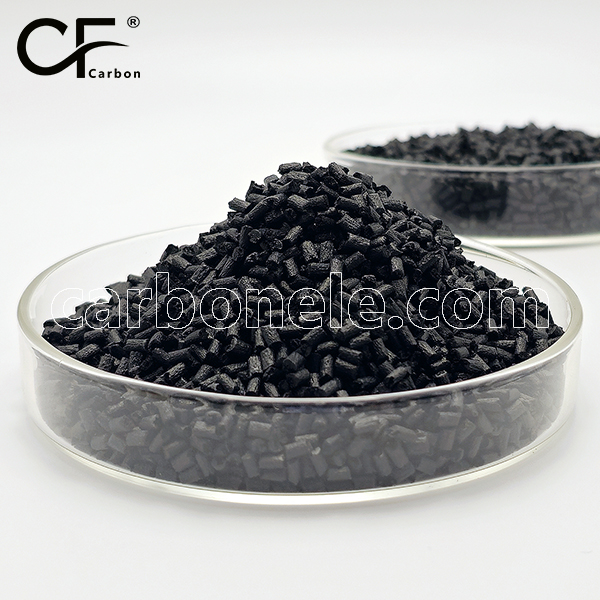
CF PA12 Pellet Raw Materials for 3D Printing Fi...
CF PA12 Particles feature high strength and rigidity, good heat resistance, low warpage, wear and corrosion resistance, as well as conductivity, meeting diverse application requirements.
Learn More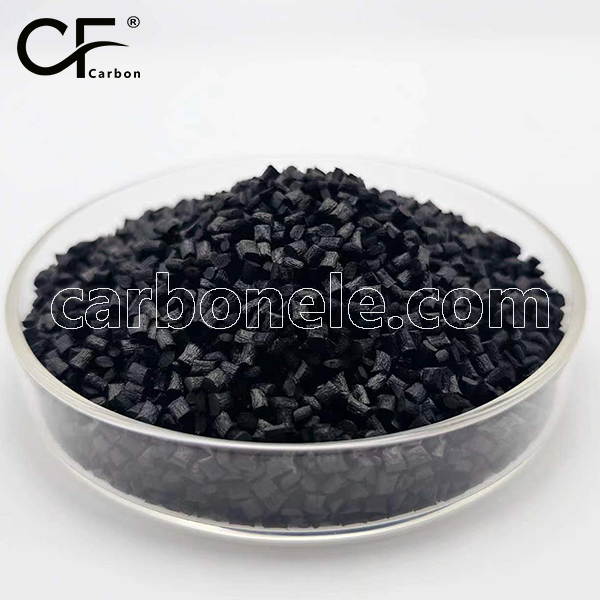
High Temp Nylon PA12CF Pellets for Radiators
PA12CF Pellets, a carbon fiber-reinforced PA12 granular material, possess features like high strength, good heat resistance, low warpage, wear & corrosion resistance and conductivity.
Learn More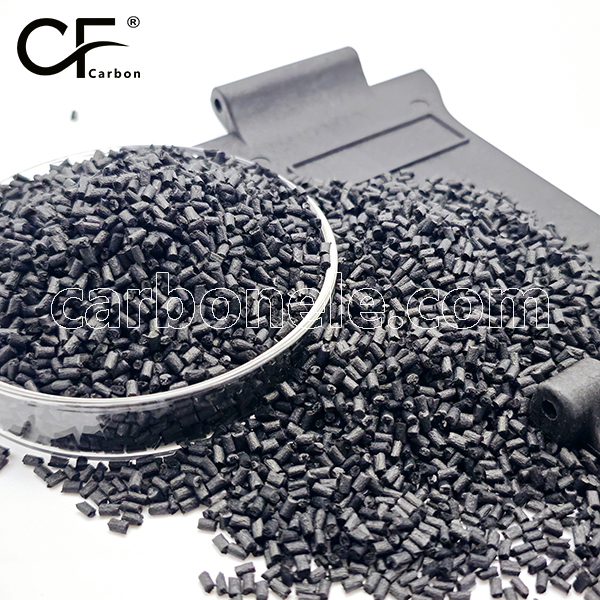
20% Carbon Fiber Reinforced Nylon CF20-PA6 Gran...
Nylon CF20-PA6 granules feature high strength, good impact toughness, low density and other aspects like heat resistance, conductivity, etc., with multiple advantages for various uses.
Learn More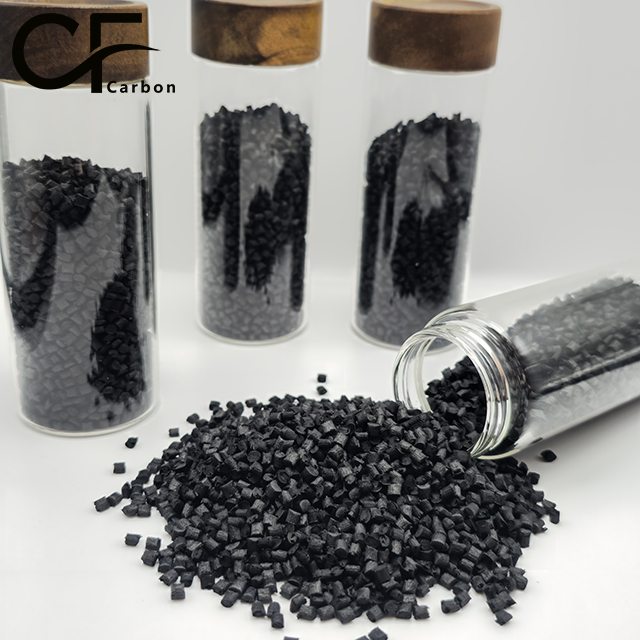
Nylon PA6-30% CF Granules PA6-CF-BCA3 Raw Mater...
PA6-CF-BCA3 is a composite with 8 features including high strength & rigidity, good impact resistance, low density, stable dimension and more, making it useful in many applications.
Learn More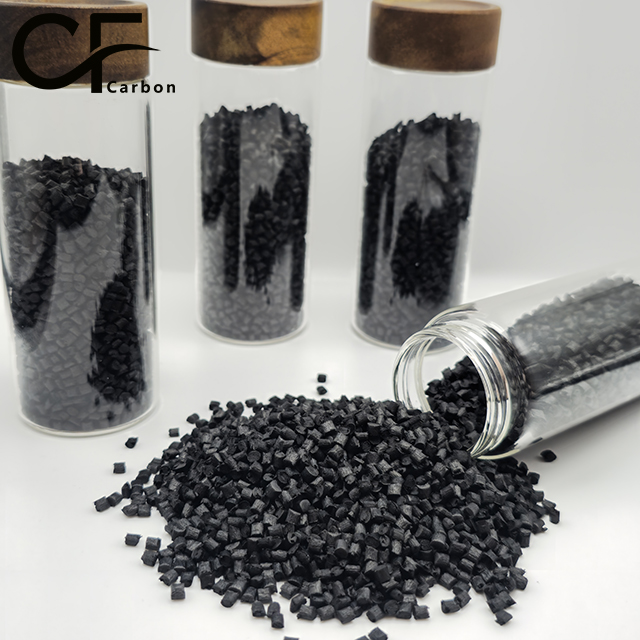
Virgin Nylon PA6 CF30 Material Pellets for 3D P...
Nylon PA6 CF30 features high strength, stiffness, impact resistance, is lightweight, has good stability, wear, chemical & thermal conductivity, thanks to 30% carbon fiber.
Learn MoreProduct Feature Box

WEAR RESISTANCE

HIGH STRENGTH

LIGHT WEIGHT

SCRATCH RESISTANCE

ABRASION RESISTANCE

CONDUCTIVE MATERIALS

ANTI STATIC

ECO FRIENDLY
Exceptional Traits of CF Nylon Composites
1. Exceptional mechanical properties
It has high strength and hardness, capable of withstanding large loads and stresses.
2. Lightweight
Compared to traditional materials, it is lighter, helping to reduce the weight of the overall structure, which is of great significance in fields such as aerospace and automotive.
3. Good wear resistance
This enables it to perform well in components with frequent friction, prolonging the service life of the product.
4. Outstanding thermal stability
It can maintain stable performance in high-temperature environments and is suitable for high-temperature working components such as engines.
5. Conductivity and antistatic properties
This feature can prevent the accumulation of static electricity in the electronic and electrical fields, ensuring the safe operation of equipment.
6. Chemical resistance
It can resist the erosion of various chemicals and adapt to different working environments.
7. Design flexibility
It can be customized in shape and size according to specific needs to meet complex design requirements.
8. Cost-effectiveness
Although the initial cost may be higher, due to its long service life and high performance, it is cost-effective in the long run.
For example, in the aerospace field, its lightweight and high-strength characteristics help reduce the fuel consumption of aircraft. In electronic devices, conductivity and antistatic properties ensure the normal operation of the equipment without being affected by static electricity interference.
Company Advantage

Excellent After-sales Service
Carbon (Xiamen) New Material offers all-round, prompt, and professional after-sales support. A dedicated team responds within 24 hours. They solve problems remotely or on-site and provide installation and maintenance training. Feedback is used to improve service. The company also establishes long-term relationships with customers by providing regular maintenance checks and updates, ensuring the longevity and optimal performance of its products.
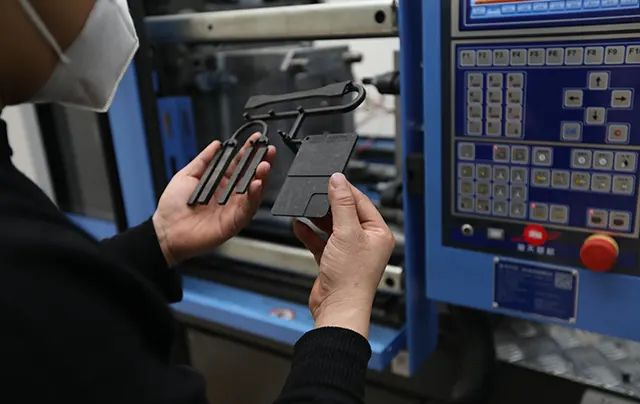
Stringent Quality Control System
Carbon (Xiamen) New Material has a comprehensive quality inspection process in place, from raw material selection to finished product delivery. In raw material procurement, high-precision tests are done. During production, each step is monitored and sampled. Non-destructive testing checks for defects in finished products. This meticulous approach, coupled with continuous improvement efforts based on quality data analysis, ensures that every product leaving the factory meets or exceeds the most stringent industry standards.
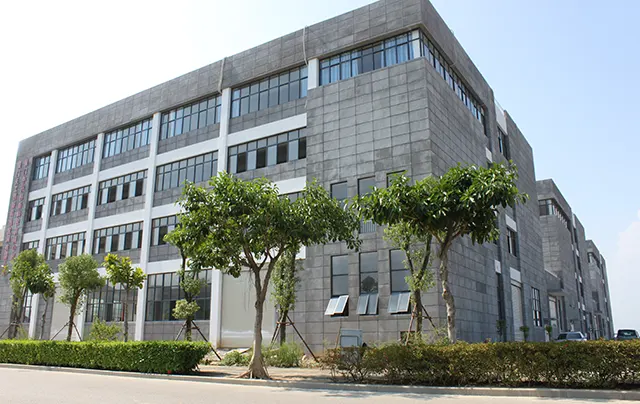
Modern Factory Facilities
In modern factory facilities, carbon fiber-reinforced thermoplastic composites are becoming increasingly important. They are precisely manufactured on highly automated production lines, combining the advantages of carbon fibers and thermoplastics. With strict quality checks and continuous R&D, they are delivered efficiently to customers worldwide, facilitating industrial development.
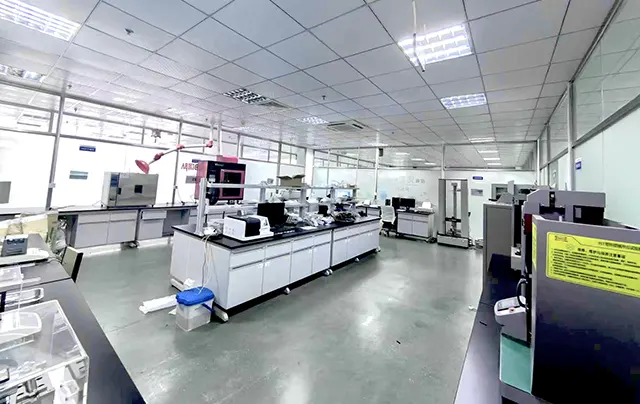
Advanced Laboratory Equipment
1. Performance Testing Equipment Equipped with universal material testing machines, dynamic mechanical analyzers (DMA), thermogravimetric analyzers (TGA), differential scanning calorimeters (DSC), thermal conductivity testers, electrical property testers, etc., to comprehensively evaluate various properties of the materials. 2. Microstructure Analysis Instruments Including scanning electron microscopes (SEM), transmission electron microscopes (TEM), X-ray diffraction analyzers (XRD), etc., for observing and analyzing the microstructure and phase distribution of the materials.
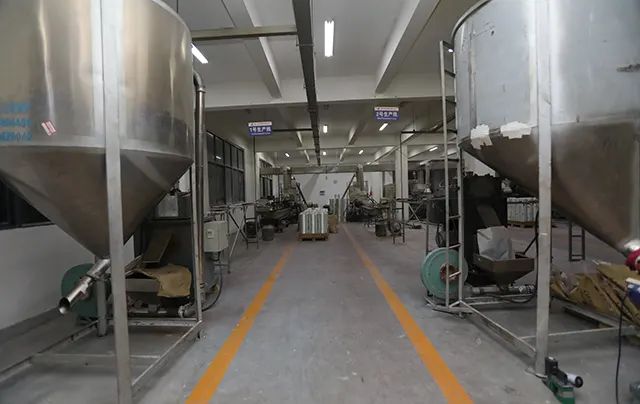
Customization Production Capacity
Carbon (Xiamen) New Material is flexible and can meet unique customer demands. For aerospace, it uses advanced design and simulation for complex, high-performance parts. For the automotive industry, it combines strength with aesthetic and surface treatment. By closely collaborating with customers at every stage of the production process and leveraging its technical expertise, the company ensures that the final product precisely aligns with the customer's specifications and expectations.
Frequently Asked Questions
Carbon (Xiamen) New Material Co., Ltd. aims to provide buyers with "one-stop" worry-free high-quality services. Here you can find all information about carbon fiber engineering plastics. If you still have questions, please send us an email for consultation!
-
FAQ 1: What are the key properties of Nylon Fiber-Reinforced Composites?
Answer: These composites typically exhibit increased strength, stiffness, and improved heat resistance compared to plain nylon.
-
FAQ 2: How are Nylon Carbon Fiber Reinforced Materials manufactured?
Answer: They are usually produced through processes such as injection molding or extrusion, where carbon fibers are incorporated into the nylon matrix.
-
FAQ 3: In what applications are Nylon Fiber-Reinforced Composites commonly utilized?
Answer: They are frequently found in automotive components, aerospace parts, and industrial machinery due to their high performance.
-
FAQ 4: What are the advantages of using Nylon Carbon Fiber Reinforced Materials over traditional metals?
Answer: They offer weight reduction, better corrosion resistance, and design flexibility.
-
FAQ 5: How does the cost of Nylon Fiber-Reinforced Composites compare to other composites?
Answer: The cost can vary depending on the specific formulation and manufacturing process, but it may be higher than some common composites.
-
FAQ 6: Are Nylon Carbon Fiber Reinforced Materials recyclable?
Answer: To some extent, but the recycling process can be challenging and may not be as straightforward as for some other materials.
-
FAQ 7: What kind of maintenance is required for products made from Nylon Fiber-Reinforced Composites?
Answer: Generally, minimal maintenance is needed. Regular cleaning and inspection for damage are often sufficient.
-
FAQ 8: Can the properties of Nylon Carbon Fiber Reinforced Materials be customized?
Answer: Yes, by adjusting the composition and processing parameters, the properties can be tailored to specific requirements.
-
FAQ 9: How do environmental factors affect the performance of Nylon Fiber-Reinforced Composites?
Answer: Exposure to extreme temperatures, humidity, and UV radiation can have an impact, but they are designed to withstand certain environmental conditions.
-
FAQ 10: What are the latest trends in the development of Nylon Carbon Fiber Reinforced Materials?
Answer: Current trends include the development of more efficient manufacturing methods, improved fiber-matrix adhesion, and enhanced material performance.










